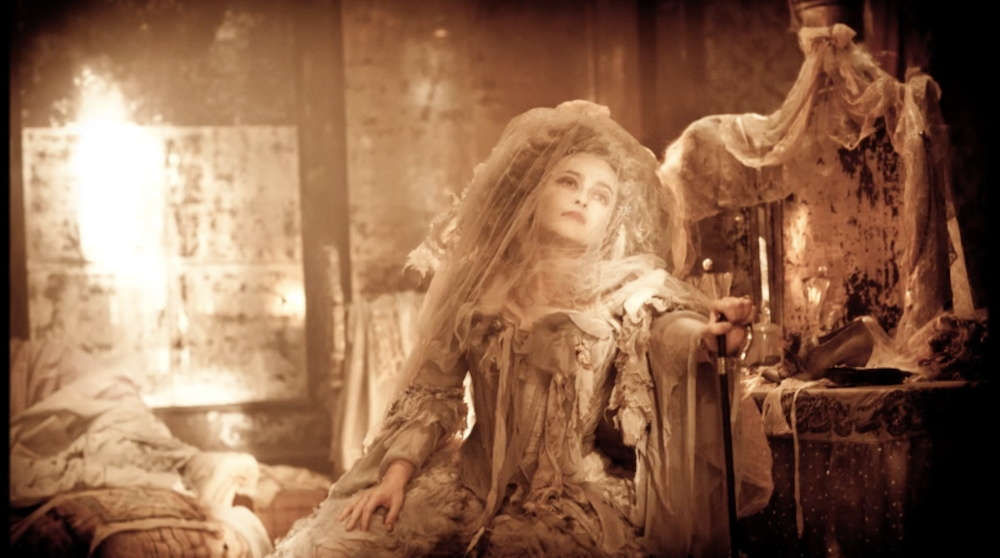news
Rich Relations: 10 Great Patrons In Fiction
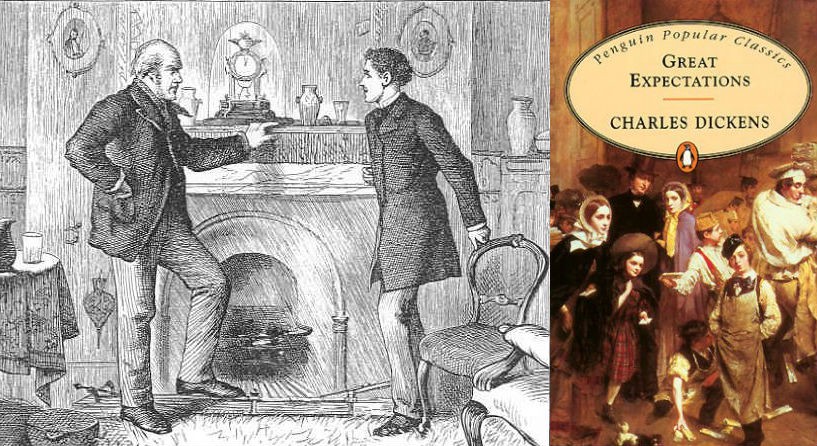
Editor’s note: This article is sponsored by Patreon. The sponsor did not have any editorial input into the article’s content.

Who hasn’t dreamed, now and again, of finding a patron? The unexpected inheritance. A generous mentor. The mysterious stranger who breezes into town, spots some potential, and loosens the proverbial pursestrings. Writers certainly aren’t immune to wishful thinking of that variety, bootstraps be damned. The patron is a timeless literary device, perfect for inciting action, stoking ambition, offering guidance, or foisting a character into strange surroundings. Novels are about transformations, aren’t they? A good patron mainlines the stuff. Or maybe there are just a lot of writers out there checking email on the hour, hoping against hope for word from the Medicis and MacArthurs of the world…
Since we’re still in the new year, gift-giving, life-changing spirit, we thought we’d make a list honoring the notable patrons in (not of) fiction. In no particular order, except for the reigning champ, yer man of the marshes, here they are, the ten great patrons in fiction.
1. Magwitch, Great Expectations

Abel Magwitch: the terrible engine of Dickens’ classic tale of ambition and comeuppance. Mrs. Joe Gargery brought up Pip by hand, but it was Magwitch who fashioned the boy’s future. From his first appearance, Magwitch electrifies: “A fearful man, all in coarse gray, with a great iron on his leg. A man with no hat, and with broken shoes, and with an old rag tied round his head. A man who had been soaked in water, and smothered in mud, and lamed by stones, and cut by flints, and stung by nettles, and torn by briars; who limped, and shivered, and glared, and growled; and whose teeth chattered in his head as he seized me by the chin.” Who better to make Pip into a proper gentleman?
2. Jacques Collin (aka Abbé Carlos Herrera, aka Vautrin), La Comédie humaine
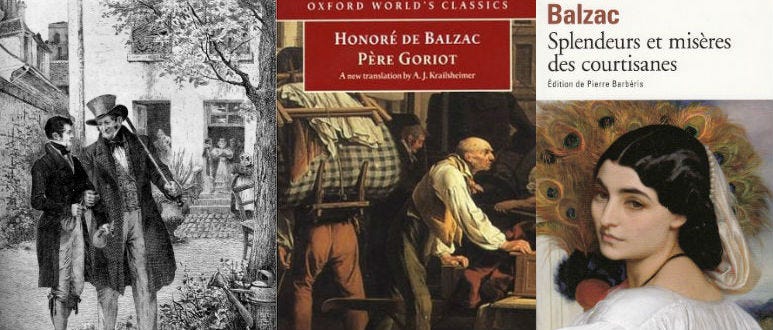
The man wears many guises in Balzac’s volumes, but he’s always around to offer a young striver some advice (usually of the whispering devil sort). Arguably his greatest role was as the Abbé Carlos Herrera in Splendeurs et Misères des Courtisanes. Yes, his intentions as patron were ultimately sinister, but there’s no denying his love for Lucien de Rubempré, or the intensity of his suffering when Lucien meets his fate at La Force.
3. Falstaff, Henry IV, Parts I & II
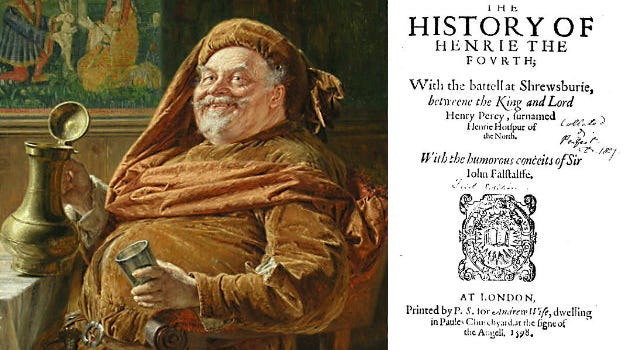
The patronage ladder goes both ways. What is Sir John Falstaff, if not a patron? Wasn’t it Falstaff — old Jack, sweet Jack — who showed Prince Hal the ways of the public house, who taught the young man to hustle and debauch and how to stay on the right side of Mistress Quickly? A patron through and through. Kind Jack. Valiant Jack.
4. The Countess, “The Queen of Spades”
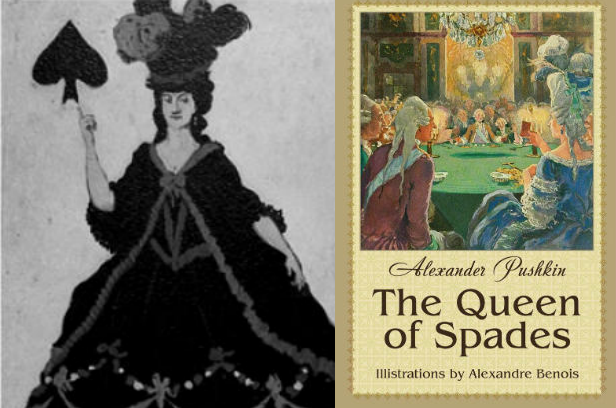
Pushkin’s Countess is no ordinary patron (though she does have a ward). Her bequest is a magic combination of faro cards: three, seven, ace. Played in succession, they guarantee a sure fortune, or, in the case of young Hermann, a trip to the insane asylum.
5. Sir Thomas Bertram, Mansfield Park
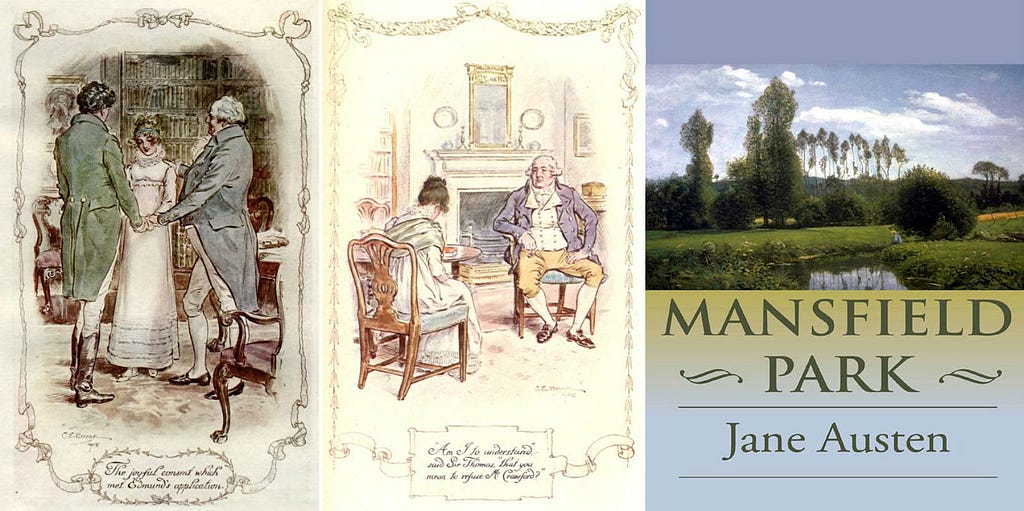
Austen’s Sir Thomas is oft-absent, oft-misguided, and sometimes a prick. Nonetheless, he takes Fanny into his household and eventually comes to see she’s the best among them, and so endorses her choice of husband. Not a bad record, all in all.
6. Count Mippipopolous, The Sun Also Rises
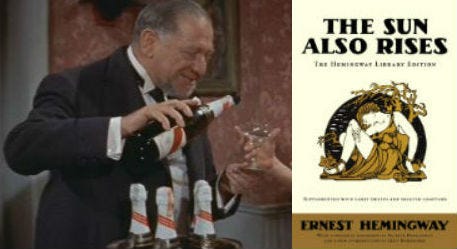
The Count fills one of the primary duties of any expat patron worth his salt: he’s always buying champagne. He’s also flush with cash, has a dubious title, sponsors somebody named Zizi, will show you his scars, and enjoys watching young people dance. And he offers Lady Brett and Jake some excellent tips: “This wine is too good for toast-drinking, my dear. You don’t want to mix emotions up with a wine like that. You lose the taste.”
7. Jacques, Giovanni’s Room
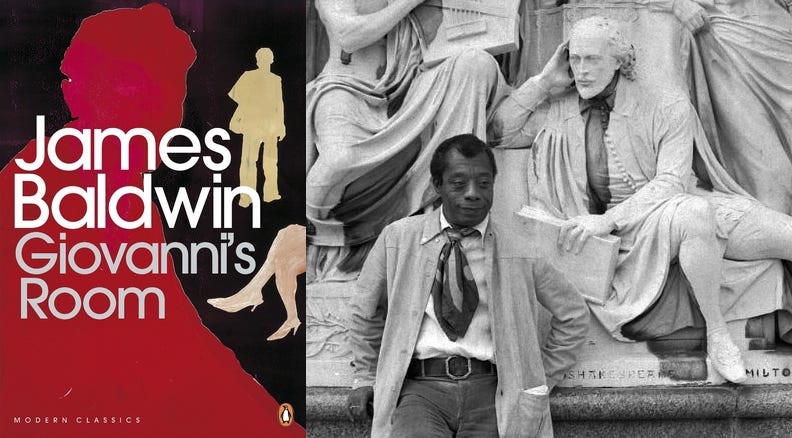
Another older man in Paris who enjoys the company of youth. Baldwin’s Jacques is the one both David and Giovanni go to for money, shelter, and guidance. Like many patrons, he’s cynical with a romantic streak. Over oysters in les Halles, he delivers this pivotal advice: “Love him…love him and let him love you. Do you think anything else under heaven really matters?”
8. Cardinal Thomas Wolsey, Wolf Hall
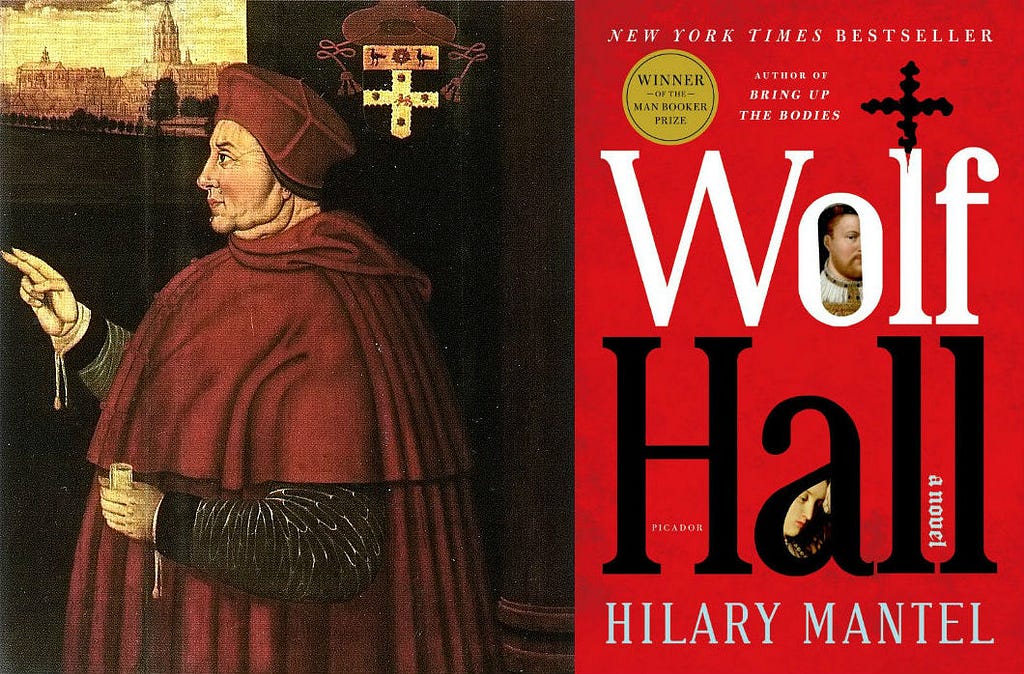
Perhaps more than any other figure, Wolsey is responsible for shaping the giant at the center of Hilary Mantel’s trilogy. Cromwell comes up with the Cardinal, witnesses the ignominy, and lets his mentor’s example inspire and guide his own ascendance.
9. The Dowager, IQ84

Shizue Ogata, aka the Dowager, resident of the Willow House, owner of a shelter. Yes, she promotes and pays for assassination, but the targets are perpetrators of domestic abuse, beaters of women and children, so she still fits the bill.
10. James Hobart, The Goldfinch
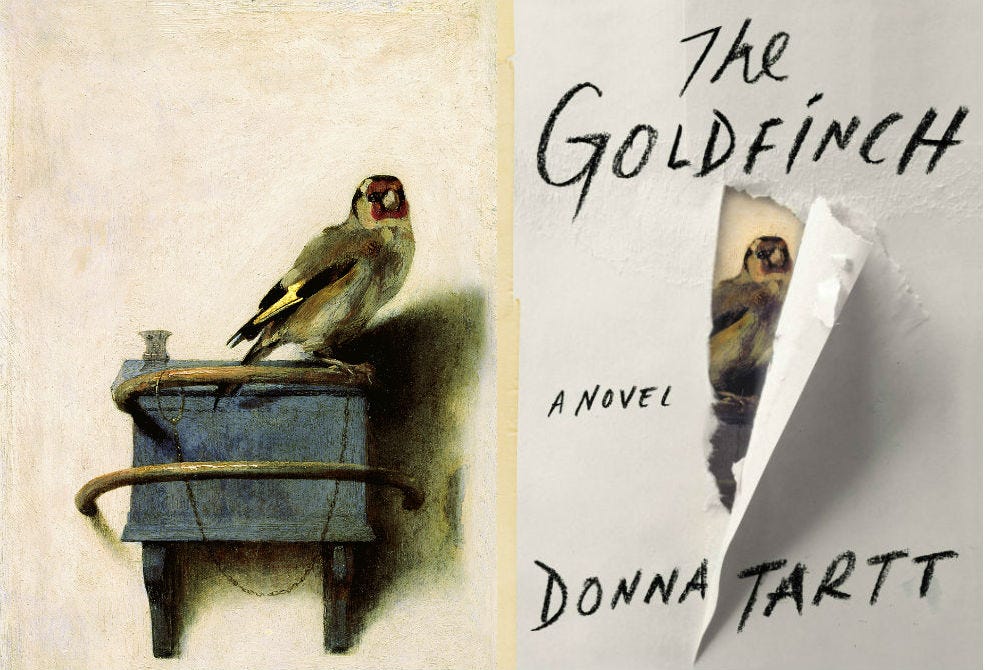
How many reviews, essays and think-pieces described Donna Tartt’s 2013 opus as ‘Dickensian’? It’s fitting, then, that she should embrace one of the master’s favorite devices. James Wood described Hobart, who takes Theo into his home and his business, as “Magwitch without the criminal record.”
Honorable Mention: every other Dickens patron (how many? dozens? hundreds?), including especially Betsey Trotwood, John Jarndyce, Mr. Brownlow, and Mr. Clennam’s uncle; all the maiden aunts and rich relations who glide through Edith Wharton’s world; García Márquez’ patriarch, José Arcadio Buendía; and Dan Cody, who welcomed young Jay Gatsby on board.
About the Sponsor: This post is sponsored by Patreon, today’s literary patron. Patreon is a crowd-funding platform that empowers a new generation of creators to make a living from their passion and hard work, through reader support. Each month, Patreon’s community of creators receives over $4.2 million in support from over 300,000 patrons.







